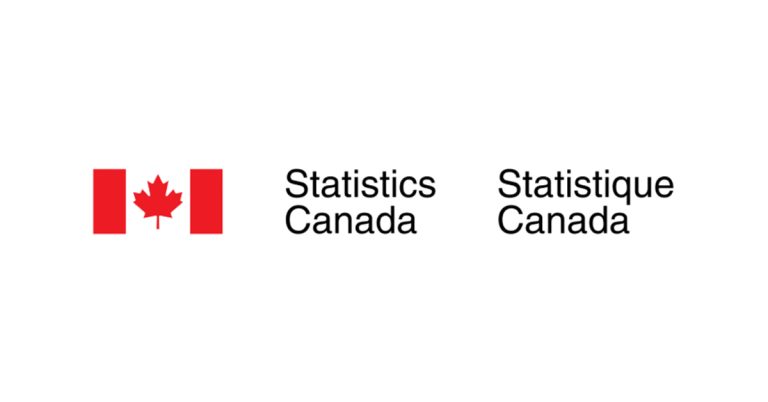The Evolving Economic Face of Canada

Oct 3, 2017
By Paul Eitmant
It is not surprising in uncertain economic times that a researcher has published another interesting report. In the Financial Post’s September 28 issue, Claire Brownell reported on seven interesting facts.
1. In 2016 Canada ranked eighth in the world for wealthy people.
2. According to Capgemini’s World Wealth Report 2017, Canada’s population of high net worth individuals — defined as people with at least US$1 million in investable assets — rose 11.3% in 2016, from 321,000 to 357,000. Meanwhile, in the U.S., the number of wealthy people grew 7.6%. Capgemini is a global leader in consulting and technology services.
3. Canada, Russia and Brazil all “dramatically reversed course” compared to the previous year, when the number of wealthy people in those countries declined, according to the report. The global average increase in high net worth individuals was 7.5% in 2016.“
Global 2016 (high net worth individual) growth rates accelerated significantly,” Capgemini said in a release. “(High net worth individuals’) wealth continues to be on track to exceed US$100 trillion by 2025… as North America and Europe caught up with Asia-Pacific growth rates in 2016.
”More people joined the ranks of the rich in Russia than any other country in 2016, with the nation adding 19.7% more wealthy people. Indonesia and the Netherlands were tied for second place with a growth rate of 13.7%.
4. Canada is one of the wealthiest nations of the world; the gross domestic product (GDP) of Canada is about US$1,432 trillion, ranking 14th worldwide. In purchasing power parity, Canada is up to US$1.25 trillion, in 13th place.
5. Canada is considered a social market economy, but the economic margin for maneuver is very large, in the Index of Economic Freedom,“ of the Heritage Foundation Canada will be rated higher than most western European countries and slightly lower than the USA. As in other developed countries the Canadian economy is dominated by the services sector. The primary sector anyways is above average, which is due to the abundance of natural resources and their exploitation.
6. Commodities: mining is the most important to Canada because of our abundance of natural resources. Canada is the world’s largest producer of zinc, uranium, potassium, cadmium, sulfur, and nickel. In the case of the degradation of aluminum, titanium, cobalt, molybdenum, gold and lead, the country ranks third. About 80% of the exploited resources are exported, mainly to the USA.
7. Even though only 8% of Canada is used for agriculture, Canada is one of the world’s largest exporters of agricultural products. Canadian agriculture can be divided into five main groups:
• primarily intended for export — cereals and oil seeds (34% of agricultural income) and meat products and live cattle (27%).
• destined for the domestic market — dairy products (12%), fruit and vegetables from the garden (9%) and poultry and eggs (8%).
The undertakings are highly modernized and mechanized.When listening to people in our industry, this topic never comes up during our conversations. Everyone must be in a different industry.Bottom line, there is an old saying, “During difficult times it seems the rich get richer.
”Paul Eitmant is President and CEO of IP Group International, which serves the needs of business-to-business enterprises in over 30 countries worldwide by adding specialized expertise to the business planning and implementation process; Tel: 480.488.5646; paulipgroup@cox.net.*
Cree Reports Financial Results for the Fourth Quarter and Fiscal Year 2017, published online August 22, 2017; http://investor.cree.com/releasedetail.cfm?ReleaseID=1037949











